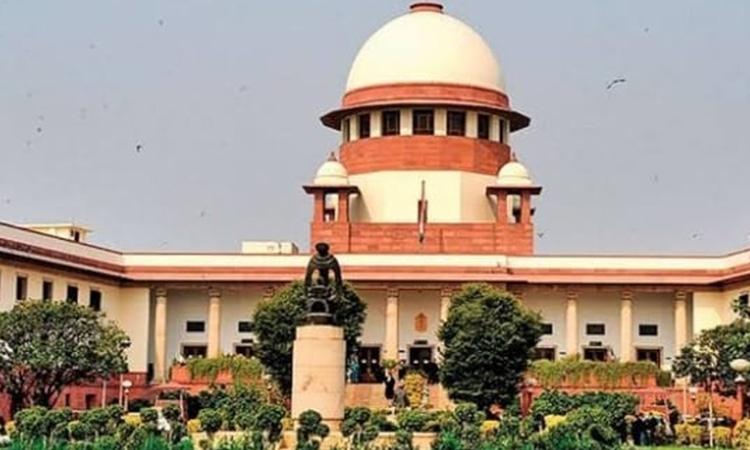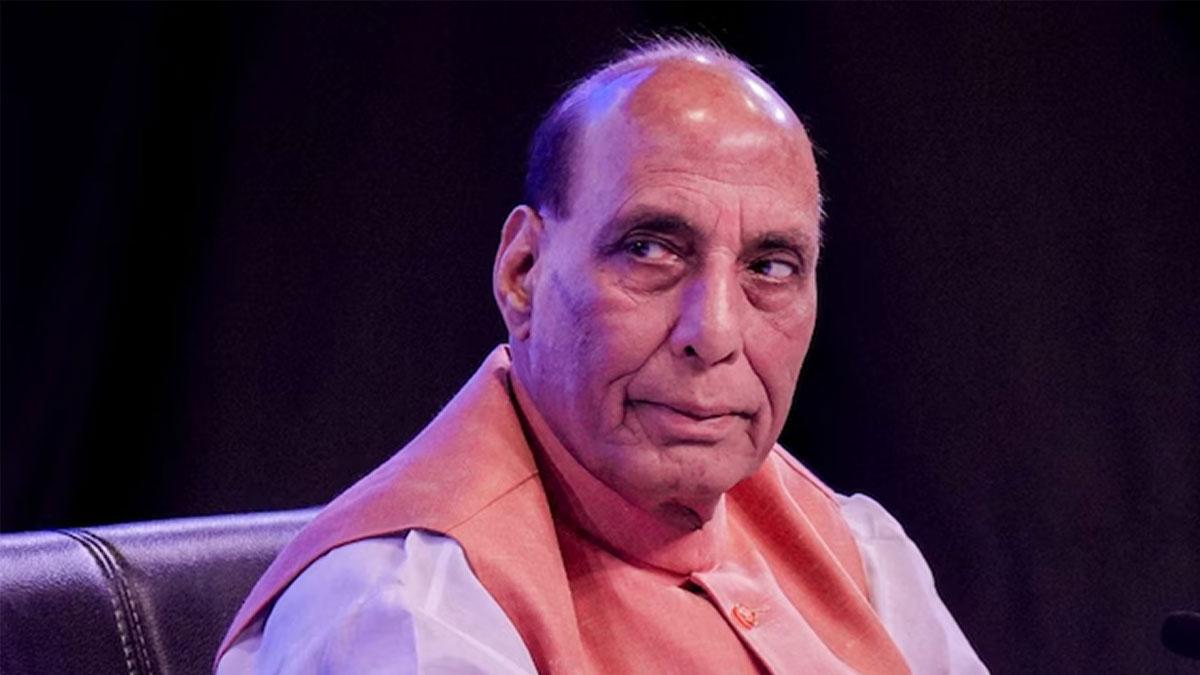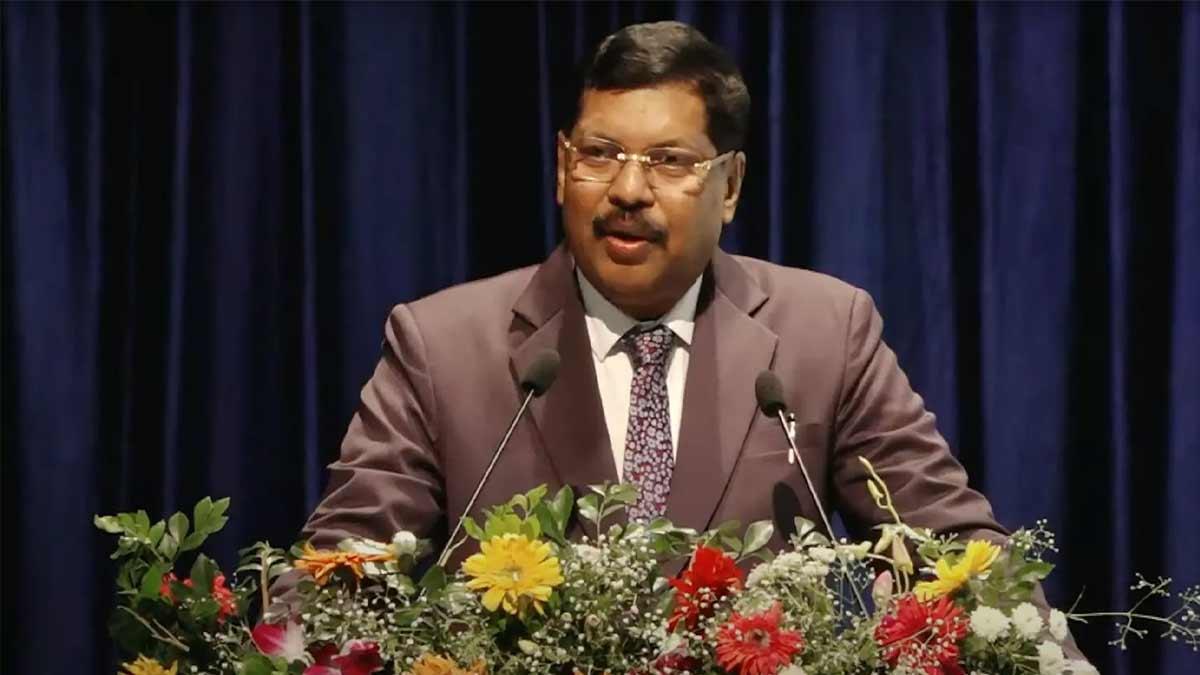Two judges of the Supreme Court -- while upholding the constitutional validity of the 103rd Constitution Amendment providing 10 per cent reservation to economically weaker sections (EWS) persons in admissions and government jobs - made some important observations on revisiting the system of reservation in the larger interest of the society, noting that it should not be allowed to become a vested interest.
A five-judge bench, headed by Chief Justice U.U. Lalit and comprising Justices Dinesh Maheshwari, S. Ravindra Bhat, Bela M. Trivedi and J.B. Pardiwala, with a 3:2 majority, upheld the EWS reservation in admissions and government jobs. Justice Trivedi and Justice Pardiwala, in separate judgments, made observations on reservation while upholding the EWS quota.
Justice Trivedi said it cannot be gainsaid that the age-old caste system in India was responsible for the origination of the reservation system in the country and it was introduced to correct the historical injustice faced by the persons belonging to the scheduled castes and scheduled tribes and other backward classes, and to provide them a level playing field to compete with the persons belonging to the forward classes.
"However, at the end of seventy-five years of our independence, we need to revisit the system of reservation in the larger interest of the society as a whole, as a step forward towards transformative constitutionalism," she said in her separate judgment.
Justice Pardiwala said reservation is not an end but a means - a means to secure social and economic justice. He added that reservation should not be allowed to become a vested interest and real solution, however, lies in eliminating the causes that have led to the social, educational and economic backwardness of the weaker sections of the community.
Also read | Supreme Court upholds 10% EWS quota in admissions, jobs
"This exercise of eliminating the causes started immediately after the Independence i.e., almost seven decades back and it still continues... As larger percentages of backward class members attain acceptable standards of education and employment, they should be removed from the backward categories so that the attention can be paid toward those classes which genuinely need help," he said in his separate judgment.
He added that it is very much necessary to take into review the method of identification and the ways of determining backward classes, and also, ascertain whether the criteria adopted or applied for the classification of backward classes is relevant for today's conditions.
"The idea of Baba Saheb Ambedkar was to bring social harmony by introducing reservation for only ten years. However, it has continued past seven decades. Reservation should not continue for an indefinite period of time so as to become a vested interest," said Justice Pardiwala.
Justice Trivedi said: "What was envisioned by the framers of the Constitution, what was proposed by the Constitution Bench in 1985 and what was sought to be achieved on the completion of fifty years of the advent of the Constitution, i.e. that the policy of reservation must have a time span, has still not been achieved even till this day, i.e. till the completion of seventy-five years of our Independence."
She added can we not move towards an ideal envisaged by the framers of our Constitution to have an egalitarian, casteless and classless society? Though difficult, it is an achievable ideal. "Our Constitution which is a living and organic document continuously shapes the lives of citizens in particular and societies in general," she said.
Justice Pardiwala said the new concept of economic criteria introduced by the impugned amendment for affirmative action may go a long way in eradicating caste-based reservation and it may be perceived as a first step in the process of doing away with caste-based reservation
'50% ceiling limit for reservation is not inflexible': SC in EWS quota verdict
Supreme Court judge Dinesh Maheshwari -- while upholding the constitutional validity of the 103rd Constitution amendment providing 10 per cent reservation to economically weaker sections (EWS) persons in admissions and government jobs -- said EWS reservation does not cause any damage to the basic structure of the Constitution on account of breach of the ceiling limit of 50 per cent for reservation.
Justice Maheshwari said reservation for economically weaker sections of citizens up to 10 per cent in addition to the existing reservations does not result in violation of any essential feature of the Constitution and does not cause any damage to the basic structure of the Constitution on account of breach of the ceiling limit of 50 per cent. "Because, that ceiling limit itself is not inflexible and in any case, applies only to the reservations envisaged by Articles 15(4), 15(5) and 16(4) of the Constitution," he added.
Justice Maheshwari said this ceiling limit, though held attached to the constitutional requirements, has not been held to be inflexible and inviolable for all times to come.
"Reasons for this are not far... to seek reservation by affirmative action is not having trappings of any such essential feature of the Constitution, collectively enumerated by Kesavananda (case) and successive decisions, that its modulation with reference to any particular compelling reason or requirement could damage the basic structure of the Constitution," he said.
Justice Maheshwari said the prescription of ceiling limit of 50 per cent, being apparently for the benefit of general merit candidates, does not provide any justified cause to the candidates standing in the bracket of already available reservation to raise any grievance about extra 10 per cent reservation for the benefit of another section of society in need of affirmative action.
"In any case, there is no question of violation of any such basic feature of the Constitution that the entire structure of equality of opportunity in Article 16 would collapse by this EWS reservation," he added.
He further added that if at all the cap of 50 per cent is the final and inviolable rule, the classes already standing in the enabled bracket of 50 per cent cannot justifiably claim their share in the extra 10 per cent, which is meant for a separate class and section, i.e., economically weaker section.
He noted that in Indra Sawhney (case), Justice Jeevan Reddy, speaking for the majority, though made it clear that reservation contemplated by Article 16(4) should not exceed 50 per cent, yet left that small window open where some relaxation to the strict rule may become imperative in view of the extraordinary situations inherent in the great diversity of our country.
Also read | SC asks AIIMS to examine health of DHFL ex-CMD, seeks report within week
"As an example, it was pointed out that the population inhabiting farflung and remote areas might, on account of their being out of the mainstream of national life and in view of the conditions peculiar to them, need to be treated in a different way," Justice Maheshwari said.
He added that the argument regarding the cap of 50 per cent is based on all those decisions by this court which were rendered with reference to the reservations existing before the advent of the amendment in question. "The 50 per cent ceiling proposition would obviously be applied only to those reservations which were in place before the amendment in question. No decision of this court could be read to mean that even if the Parliament finds the necessity of another affirmative action by the State in the form of reservation for a section or class in need, it could never be provided," he said.
He added against the above backdrop, the relevant decisions of this court in regard to this 50 per cent ceiling limit could be referred but, while reiterating that these decisions are applicable essentially to the class/classes who are to avail the benefits envisaged by Articles 15(4), 15(5) and 16(4) of the Constitution.


















